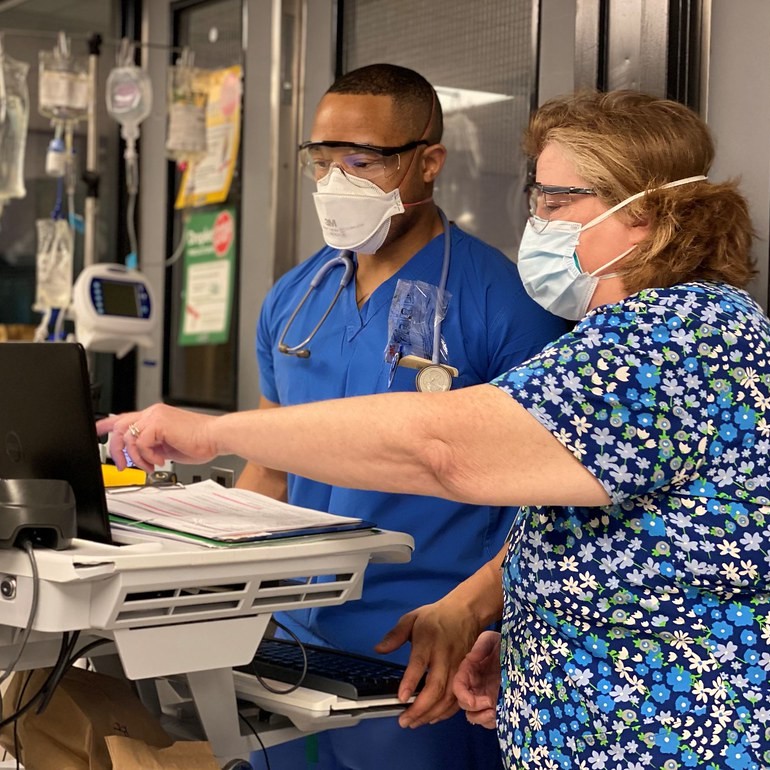Published:
While COVID-19 infection rates may be dropping, healthcare systems in several countries are falling apart. Britain's public healthcare system, the National Health Service (NHS), has been overwhelmed like never before. The NHS, once a source of pride for many citizens of the United Kingdom, now has citizens criticizing the system and calling for improvements.
The NHS is the public healthcare system in Great Britain. Citizens can use the system's services for free to obtain the care they need. Traditionally, it is one of the largest healthcare systems in the world that spends less per person than most other countries in Europe do. However, the NHS is facing severe delays due to delayed treatments during the height of the COVID-19 pandemic and an intense flu season this winter. Even before flu season began, hospitals were nearing capacity, which forced many ambulances to line up outside of hospitals to wait for their patients to find an available bed. This has also increased waiting times for ambulances to more than an hour on average. Patients often can't wait that long for urgent medical treatment. This delay has resulted in an abundance of premature deaths in the country, as patients with critical, life-threatening medical conditions cannot receive the life-saving care they need. An additional 300-500 people die weekly due to hospital waiting times.
Amid the chaos, nurses and paramedics are striking over unfair wages that are not adjusted to account for inflation. A secondary strike will take place the second week of February. The nurses and paramedics are organizing the strike so that emergency care will still be provided to those that need it. In addition, the NHS is working on a plan to increase the number of ambulances to improve ambulance wait times and to add thousands of more hospital beds. In the meantime, many people have turned to private healthcare in the U.K. to receive the treatment they need quickly.
Canada's healthcare system is also busting at the seams. The median wait time for referral and treatment was 6-7 months. While healthcare is free for individuals, at the government level, Canadian healthcare is expensive. It's so expensive that it costs the country 13% of its GDP. Similar to the U.K., Canada is expanding access to private healthcare to alleviate some of the long wait times. A multi-million dollar investment in private medical facilities will expand the number of private facilities permitted to conduct non-emergency surgeries like cataracts and joint-replacement surgeries. While some healthcare unitions in the country worry that this could benefit private medical providers at the expense of the public healthcare system, Premier Doug Ford says that the government's focus is only on getting citizens the care they need safely and quickly.
With healthcare systems worldwide crumbling and a projected healthcare worker shortage of 10 million workers by 2030, it seems impossible to think that the healthcare system could recover. Yet, technological advancements like AI could speed up processes for healthcare workers and patients. Specifically, ChatGPT has drastically improved throughout the last few months. The AI tool recently demonstrated that it has the potential to pass all parts of the USMLE, which is a series of exams required to become a physician. Google is also developing an AI tool to provide accurate and valuable answers to medical questions. As the AI receives more training, medical professionals could use these tools as second opinions for patient diagnoses. Additionally, much of the administrative work that medical professionals must attend to could be sped up or even eliminated with AI. From drafting responses to insurance claims, creating treatment plans, and much more, AI tools could help medical professionals spend more time treating patients and less time completing tedious but necessary paperwork.
Advances in technology could completely change the healthcare field as we know it. For example, AI could shorten patient wait times, allow medical professionals to treat patients more efficiently and reduce their administrative tasks, and even help expand affordable healthcare in underserved areas worldwide.
File under






